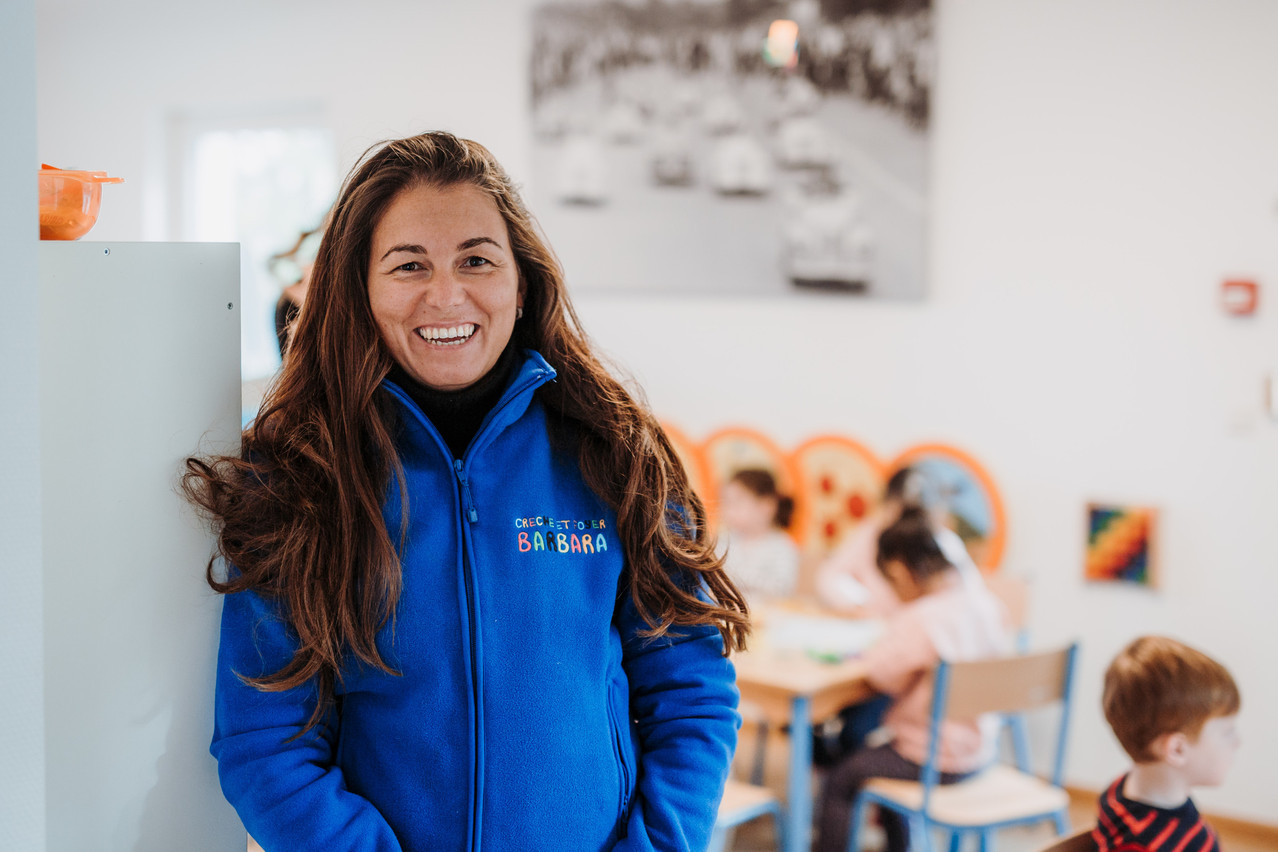Right up to the end, she was on the edge of her seat. “I remember standing in front of the door of the group's headquarters on Avenue Hoche in Paris, hesitating right up to the last moment. I said to my mother and my accountant, who were with me that day: ‘What if I don’t sell?’”
finally decided to push open the door of the private mansion next to the Arc de Triomphe, where the directors and lawyers of the People&Baby group were waiting and to whom the founder of the Barbara and Tiramisù crèches was going to sell her establishments. The deal went through in January 2019.
As part of the deal, Agostino insisted on retaining her position as general manager Belux. She held this position until May 2022, and devoted herself to politics.
Governance under scrutiny
A heavyweight in the early childhood sector, with 700 establishments in France and some 150 more internationally in nine countries, People&Baby has been under fire since the publication in France on Wednesday of the investigative book “Les Ogres” by journalist Victor Castanet, who .
In his book, Castanet denounces the malfunctioning of the private crèche system in France and tackles the “abuses” of the People&Baby group, which he identified after two years of work.
As in the Orpea case, cases of mistreatment or rationing of food or nappies are mentioned. And, as in the Orpea affair, an erratic management system, dictated by the lure of profit, is pointed out.
The group’s chairman, Christophe Durieux, was sacked last spring by its main creditor since 2018, the investment fund Alcentra, which has since become a subsidiary of the American firm Franklin Templeton. Alongside his partner Odile Broglin, Durieux founded People&Baby in 2004.
Autonomy in Luxembourg
“In three and a half years,” recalls Agostino, “I must have seen him a dozen times. He’s a businessman. A very calm person, with a very clear vision: he wanted to grow the group. With beautiful crèches, beautiful structures.”
As for Broglin, a former paediatric nurse, “she knew how to put in place great things in terms of teaching. She had a lot of ideas.”
After the sale, however, Agostino insists that she obtained the couple’s agreement to retain a certain degree of operational autonomy. “I insisted that the crèches should keep their names, Barbara and Tiramisù, because we have nothing in common. Luxembourg is Luxembourg, a separate entity. Proximity and the media mean that if something goes wrong, everyone will talk about it. Word of mouth is very important. I had the upper hand, because I’m Luxembourgish, I was born here and I speak the language. I said to them: ‘Trust me.’”
Agostino says that she dealt mainly with Durieux’s “right-hand man,” Raphaël Mailly, whom she describes as “very loyal.”
“Working in the continuity”
There are now 24 establishments under the People&Baby umbrella, which employ more than 350 people. Agostino says she first learned of the scandal on the French side via an email we sent her on Tuesday morning. Since then, she has received “numerous calls from colleagues” and scoured the media. “If it’s true that there have been situations of mistreatment, it’s hard to read about it. What concerns me is that people speak out after the event. When a problem arises in a company, there are plenty of places where you can talk about it. Why wait to write a book?”
“There have never been any limitations when it comes to nappies or food,” says Agostino, adding that meals--when she was director--were designed “by a Luxembourg caterer” and nappies were certified organic.
“The idea has always been to continue working in the continuity of what I had started,” explains the woman who had decided to sell her “baby” because she had told herself that “I would stop the business after ten years” and that “I got a call from my trustee, with a sum of money that I would never have dared to imagine. My wife [, déi Gréng] was already an MEP, so it was an opportunity to do something different. When I opened those crèches, it was to show myself that, as the child of immigrants, I could succeed.”
“There are always black sheep”
Agostino also asserts that checks by the education ministry (which had not responded to our requests by the time this article was published) and the health ministry are regular. “As soon as a crèche is in the red in terms of the number of children cared for or the number of hours worked, the education ministry asks for explanations. As for the health ministry, it carries out checks without warning. This concerns hygiene, the temperature of meals served, and so on.”
In her view, “there are always black sheep in a group.” Above all, she points to “a system that favours the big groups.” “As a small crèche, you can no longer survive. Whether you have five children or 200, the requirements are the same. From that point on, what is more profitable?”
This article was originally published in .
